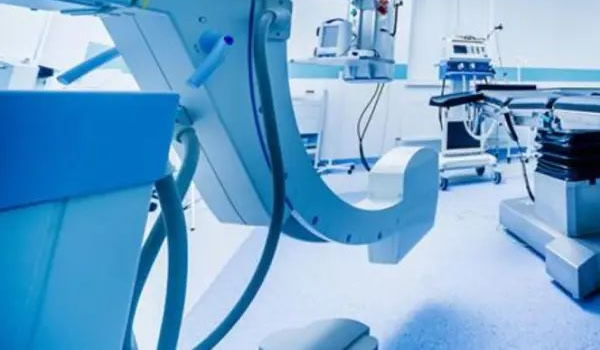Hypertension, or high blood pressure, affects over 1.2 billion people globally. Learn how it develops, how to detect it early, and what steps can prevent long-term damage.
Hypertension is often called the “silent killer” because it may show no symptoms while damaging arteries, heart, kidneys, and brain. It’s a major risk factor for heart attack, stroke, and chronic kidney disease.
Causes include genetic predisposition, obesity, high salt intake, chronic stress, sedentary lifestyle, and certain medications.
Typical symptoms, if present, might include headaches, shortness of breath, or blurred vision.
Management starts with regular monitoring, lifestyle adjustments (like reducing sodium and increasing physical activity), and in many cases, medication.
Early diagnosis is critical. Regular screenings are recommended for adults over 40 or younger individuals with risk factors such as diabetes or family history.